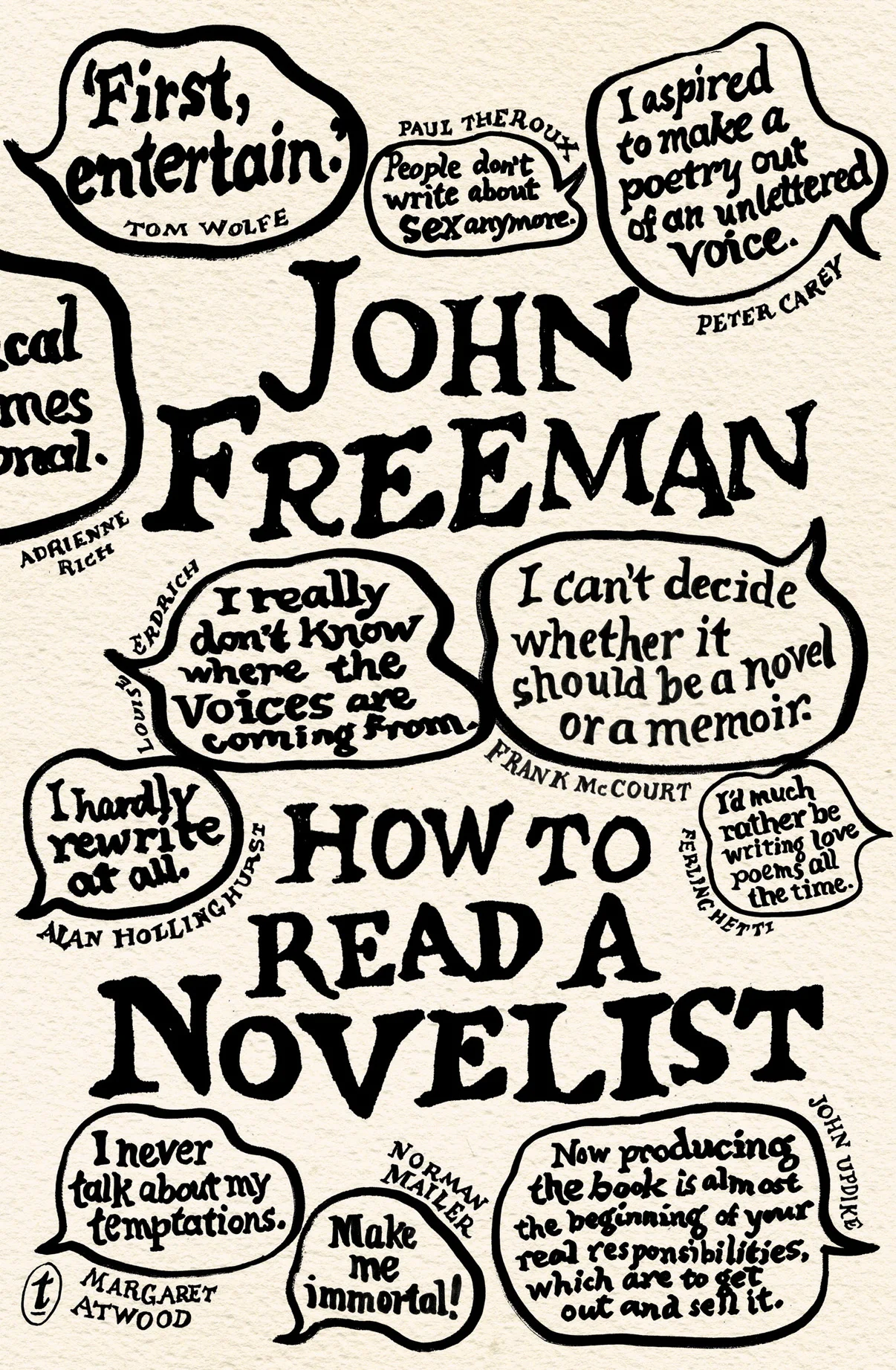Those familiar with Donald Antrim’s whimsical, feverishly cerebral novels should brace themselves: There are no postmodern flights of fancy to be found in his memoir. The Afterlife is a grounded and, well, sober attempt to make peace with the legacy of his mother’s debilitating alcoholism, which had reached “operatically suicidal” proportions by Antrim’s thirteenth birthday.
Read MoreWhen I meet with John Freeman to discuss his new book, How to Read a Novelist, he is in the middle of moving. The wood-planked floors groan under the weight of books, thousands of them stowed in boxes stacked nearly to the ceiling.
Read MoreI met with Rebecca Miller on a recent chilly afternoon in New York to talk about her ambitious new novel, Jacob's Folly (Farrar, Strauss & Giroux). Her previous books include a story collection, Personal Velocity, and a novel, The Private Lives of Pippa Lee; she also wrote and directed the films based on these books.
Read MoreIn 1939, wondering how Russia would react to the expanding war, Winston Churchill memorably stated: It is a riddle, wrapped in a mystery, inside an enigma. This is an apt description of Hystopia, David Means’s long-awaited novel about Vietnam.
Read MoreThat a chemist figures prominently in Andrea Barrett’s new novel, The Air We Breathe, will come as no surprise to those familiar with her fiction. Over the past decade, Barrett has produced a novel and two story collections that dramatize an abiding fascination with scientists in late-nineteenth- and early-twentieth century milieus.
Read MoreDaphne Beal’s first book might be considered an exemplar of what Edmund White recently characterized as the “Peace Corps novel,” in which a “young, privileged American” travels to another country and is transformed by the experience. “I wanted to come home different from what I’d been—bolder, wiser, happier,” insists the narrator of In the Land of No Right Angles, recounting her peregrinations through Nepal and India.
Read MoreBeginning with the publication in 1979 of her startling debut, Lithium for Medea, Kate Braverman has produced a daring body of work that strips bare the myth of glitzy Los Angeles to expose its decidedly unglamorous underbelly. Like the dystopian fiction of Nathanael West and John Fante, Braverman's short stories and novels dramatize the plight of outcasts straddling fault lines, one step from ruin.
Read More





